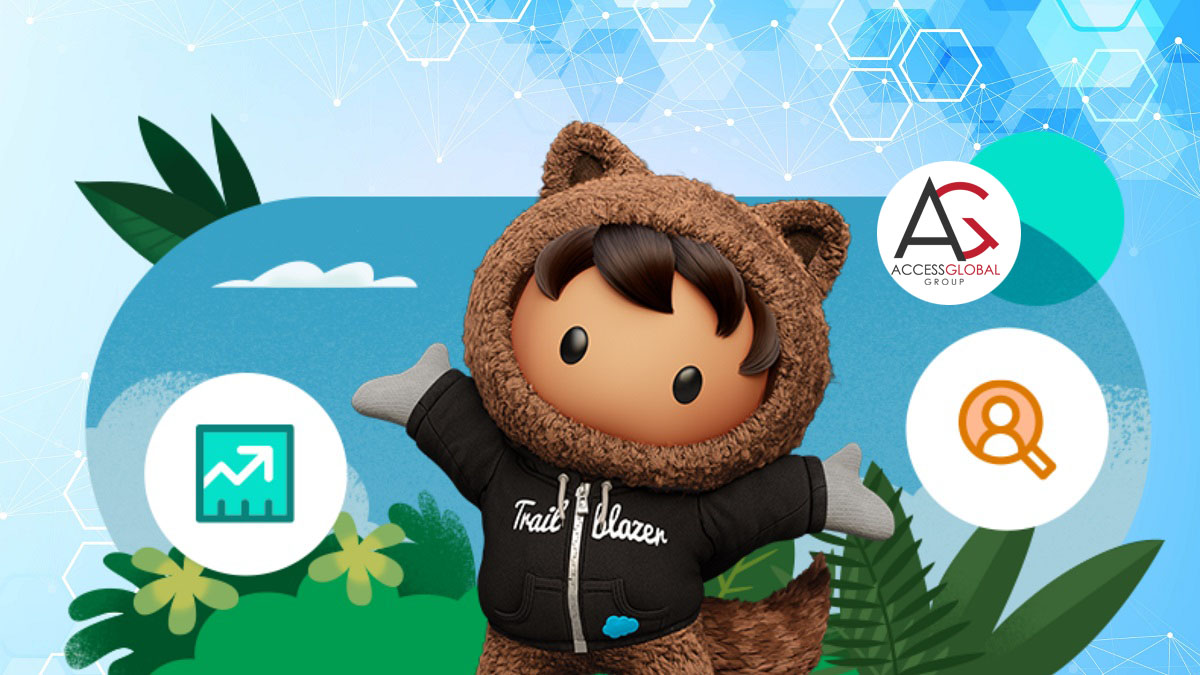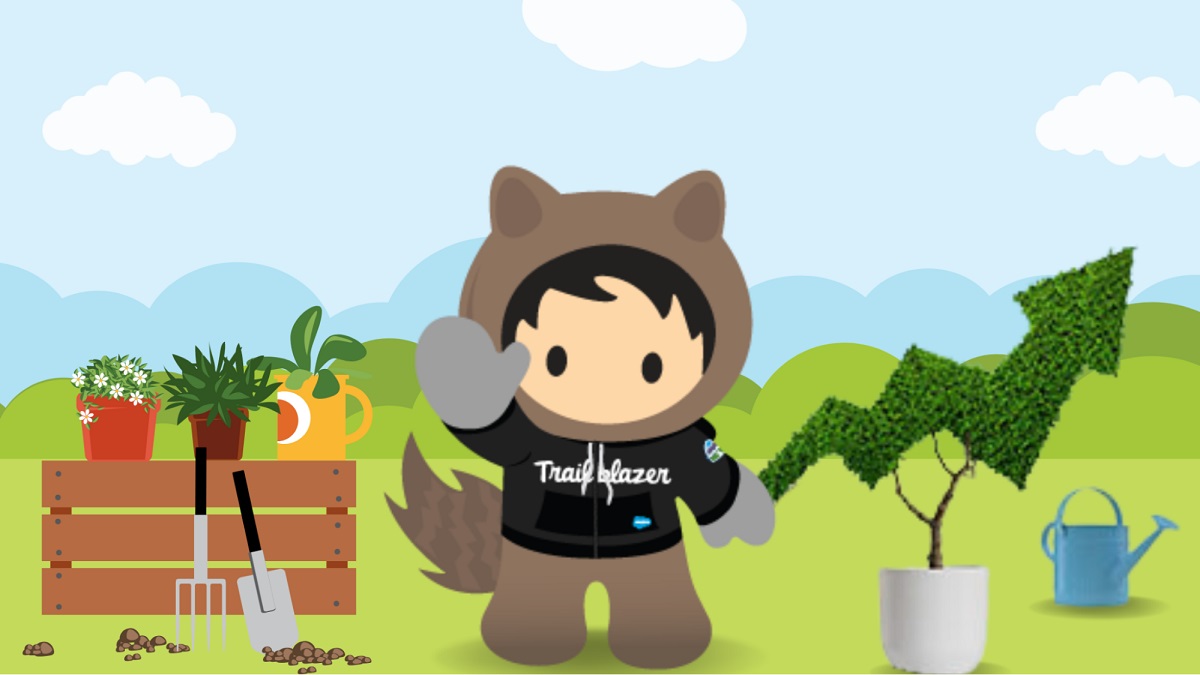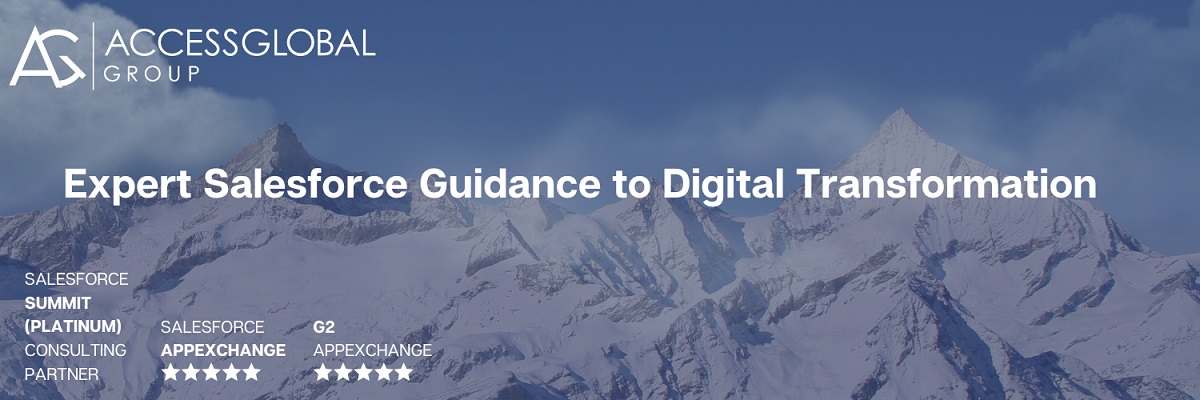Your CRM Implementation Will Fail – Unless…
 Jenna Trott
Jenna Trott
5 min read | APRIL 28, 2023

Exciting news! Your team has made the monumental decision to implement a customer relationship management system (CRM) – a strategic move that has the potential to transform your marketing, sales, and service processes in remarkable ways. This decision couldn’t come at a better time, as the way we do business has undergone a rapid transformation in recent years. In fact, as of 2022, a staggering 83% of B2B buyers prefer ordering and paying through digital commerce. What’s more, customers now expect a seamless experience regardless of where the touchpoint is taking place, with a whopping 90% anticipating this level of convenience whenever interacting with a business. However, a CRM implementation is not without its fair share of challenges. A staggering 70% of all implementations can, and unfortunately do fail for various reasons – whether it’s prior to, during, or even after the implementation process.
It’s important to clarify that the CRM software itself is not the root cause of failure. Instead, the way it’s integrated into a company’s processes can determine the success or failure behind the project. With that in mind, we’ll take a look at some of the reasons behind failed Salesforce implementations and equip you with strategies to safeguard your business against being among the 70% that experience setbacks. By understanding the potential pitfalls and implementing effective measures, you can set your business up for a seamless and successful Salesforce integration that drives growth and success.

1. No Clear Strategy
What’s your ultimate goal with a CRM implementation? Do you want to enhance and personalize client experiences? Or maybe optimize workflows and streamline business opportunities? Perhaps you’re hoping for all of the above? Whatever your aspirations, there’s no denying that the benefits of implementing Salesforce are vast and impressive. However, without a clear plan, you could find yourself struggling to navigate a sea of new digital and social capabilities. That’s why it’s crucial to approach any CRM implementation with a well-defined strategy and keep the user experience at the forefront of your design. After all, if the CRM system isn’t designed with the user in mind, it can be a frustrating and challenging experience for all involved.
Solution:
Develop a successful strategy for Salesforce CRM implementation by setting concrete goals and outlining them in a detailed document. Establish a timeline with clear deadlines and milestones, and create a communication plan for stakeholders with regular updates and feedback opportunities. Combining these elements with process analysis will ensure success and help meet the needs of your organization.

2. Lack of Executive Buy-In
After identifying the goals you hope to achieve with a CRM implementation, the next step is to ensure that these objectives are clearly communicated and agreed upon by the entire team. Failure to reach a consensus on CRM business strategies can cause confusion and result in significant setbacks, compromising previously identified goals. It’s essential that executives understand the importance of CRM and prioritize its implementation, as a lack of support can result from inadequate buy-in at the top. By securing executive sponsorship and fostering organizational alignment, you can ensure that your CRM implementation is a success from the start.
Solution:
At its core, Salesforce is about people and relationships. To facilitate a successful adoption, it’s vital that all teams work collaboratively with one another to determine the vision for their Salesforce platform and making sure that every voice is heard. Here are some ways to ensure executive buy-in for Salesforce integration success:
- Discuss Benefits: Clearly explain how a Salesforce integration will benefit the company, such as increased sales efficiency, improved customer experiences, and accurate forecasting. Ensure that these benefits align with the company’s goals and objectives.
- Demonstrate ROI: Use data and metrics to demonstrate the integration’s return on investment, such as increased revenue, cost savings, or productivity gains.
- Involve Executives Early: Involve executives early in the process by seeking their input and feedback. This will give them a sense of ownership and make them more invested in the integration’s success.
- Address Concerns: Be prepared to address any concerns or objections that executives may have about the integration. Provide solutions and alternatives to address any potential issues.

3. Improper IT Investments
When it comes to executing a Salesforce implementation, it’s essential to involve key stakeholders and team members, including those in the IT department. Ignoring the IT implications of implementation can result in detrimental integration concerns, customization issues, and lack of support, as well as incompatible upgrades. Improper IT investments can lead to failed CRM implementations by creating a system that doesn’t align with the company’s unique business needs or provide essential functionality for workflows. Further, a lack of technical expertise in implementing and maintaining CRM systems can lead to low user satisfaction and adoption rates.
Solution:
Achieving success with a Salesforce implementation requires a structured approach. First, define your requirements and assess your IT infrastructure. Choose the right Salesforce edition and plan for customization to ensure that the system fits your unique business processes. Evaluate integration needs and consider third-party tools for cost-effective solutions. Prioritize your IT investments based on your requirements and budget, and develop a plan for phased implementation if necessary.

4. Resistance to Change
Resistance to change is a common barrier to successful CRM implementations. When employees are resistant to new technologies or processes, it can hinder adoption rates and lead to low user satisfaction. This resistance can stem from fear of the unknown, lack of training, or simply a belief that the current system is sufficient enough. To combat this, it’s important to involve employees in the implementation process, provide adequate training and support, and clearly communicate the benefits of the new system. Without addressing resistance to change, even the best CRM system can fail to deliver the desired results.
Solution:
Resistance to change is a common issue during any CRM implementation, but there are ways to overcome it. First and foremost, it’s imperative to effectively communicate the need for change and the benefits it brings to the organization. Involve employees in the process, seeking their feedback and making them feel valued. Adequate training is also a necessity to increase their confidence in using the new system. Finally, take care to address any concerns or objections that employees may have and offer possible solutions.

5. Taking Shortcuts
Cutting corners during a Salesforce implementation can be a costly mistake for businesses. Trying to save money by avoiding hiring an implementation specialist can lead to serious errors and data loss. While Salesforce is designed to be user-friendly, implementing it without expert help can be a risky move. Critical data loss can have long-lasting negative effects on a business, which is why it’s important to invest in the right resources for a successful implementation.
Solution:
Hiring a Salesforce consultant can be the difference between a successful or failed CRM implementation. With their expertise in the Salesforce platform, a consultant can prevent data loss and navigate complex issues that may arise during the implementation process. They can also provide customized solutions to streamline workflows and improve system efficiency, all while working closely with your team to meet your unique business requirements.
A skilled consultant can conduct thorough system testing to identify and fix issues before they become major problems, saving you time and money in the long run. Additionally, they will check in with your team regularly to ensure that your needs and goals are being met, and provide ongoing support to ensure that your system continues to run smoothly. Investing in a Salesforce consultant is investing in success.

6. Lack of Data Quality
Poor data quality can sink a CRM implementation in several ways. Inaccurate or incomplete data can lead to bad business decisions and lost sales opportunities. Employees may also lose trust in the system and resist using it, while system performance issues may frustrate users and reduce productivity. Poor data quality can also lead to low user satisfaction and a lack of adoption.
Solution:
One solution for preventing bad data that leads to failed Salesforce CRM implementations is to implement data quality tools and processes. These tools can help to identify and eliminate duplicates, standardize data, and enforce data validation rules. Clear data governance policies and procedures must also be established to ensure consistent and accurate data entry throughout the organization. Finally, regular data audits can help identify and address data quality issues, and training users on data entry best practices can prevent bad data from entering the system.

7. Lack of Training
No matter how perfectly tailored your CRM implementation is to your business’s unique needs, it can all be rendered useless if your team isn’t trained to use it effectively. A failed CRM implementation often boils down to a lack of training. When employees aren’t adequately instructed on how to use the system, they may struggle to understand its features and capabilities, further contributing to low adoption rates and incomplete data. This, in turn, can result in the storage of inaccurate data, leading to poor business decisions and missed opportunities. What’s more, a lack of training can evoke resistance to change, frustration, and a loss of faith in the system.
Solution:
Working with a Salesforce consultant offers more than just the initial implementation of the system. Post-deployment training is a significant benefit that consultants often provide to ensure your team is confident in using the new system and can leverage its full potential. The consultant will explore and demonstrate underutilized features, provide tips and tricks, and answer questions to improve your team’s efficiency. Furthermore, the consultant can identify areas where the system can be customized to better fit your business needs, such as implementing integrations or customizing workflows to increase efficiency.

Why us?
Salesforce has become an indispensable tool among businesses across all verticals and Access Global Group’s team of certified experts know Salesforce inside and out. This means that when they come to you, no stone is left unturned and they’re able to solve any conflict with agility and accuracy. Regardless of where you are in the digital transformation journey, Access Global Group will provide customized solutions that align with your goals so you can focus on not only reaching them, but going far beyond what you thought was possible. Our unique project methodology of customer centricity allows us to provide intuitive solutions that are acutely catered to your organization’s needs. And as your premier Summit Salesforce Partners and Consulting Services/Managed Services experts with over 15 years in the industry, we’ll use our technical expertise to meet your unique needs and generate real change within your organization.
Don’t take our word for it – hear what our customers have to say on G2 and the Salesforce AppExchange!
Get the latest Salesforce news
Subscribe to get the latest Salesforce blogs, guides, industry reports, events, and all things Salesforce related!
FREE Salesforce Assessment!
To demonstrate confidence in our ability as Salesforce Partners, we’re offering you the a FREE Salesforce Organizational Assessment.
Let's Get Started on Your Salesforce Project!
Salesforce
PLATINUM
PARTNER
Salesforce
APPEXCHANGE
G2
USER REVIEWS

